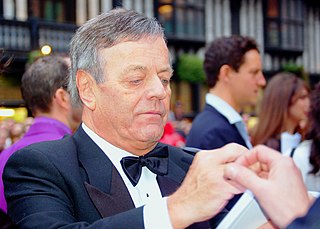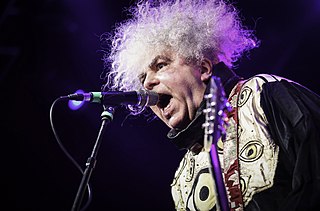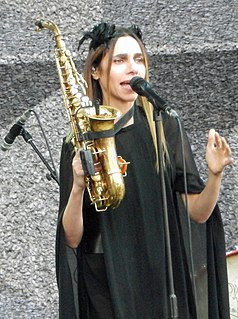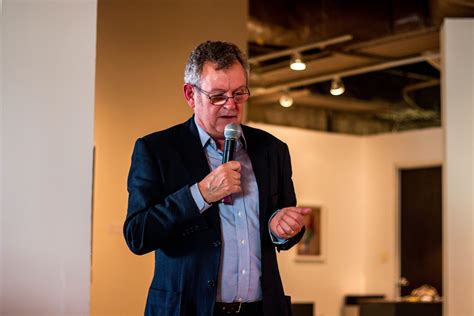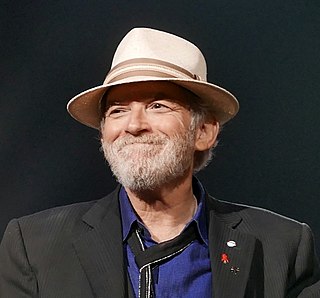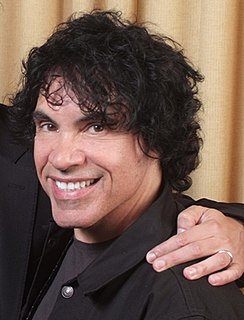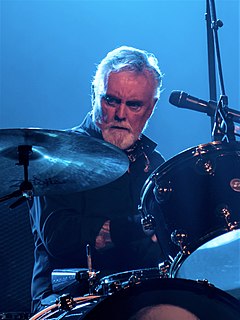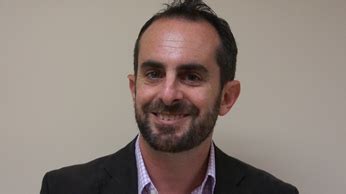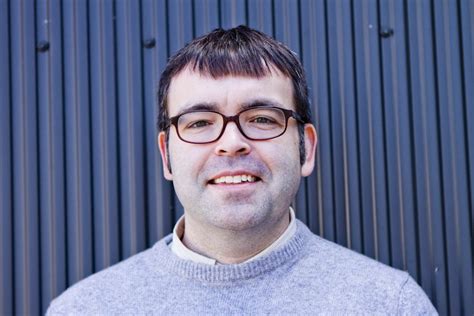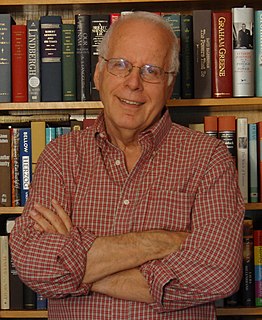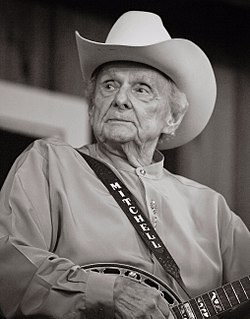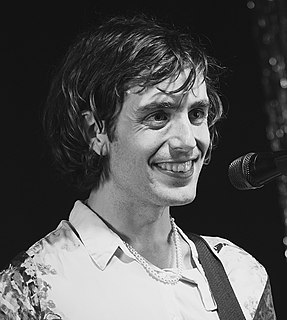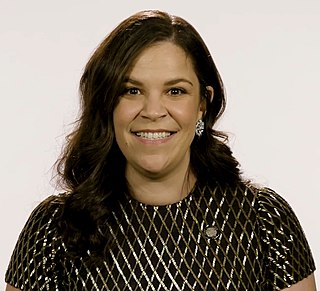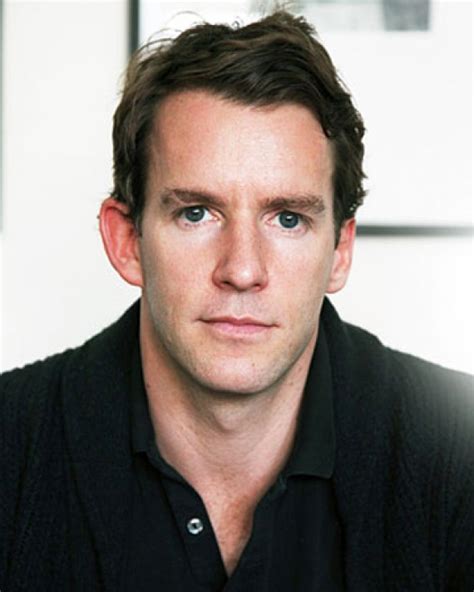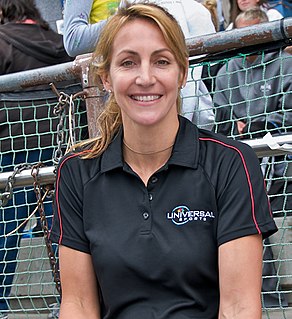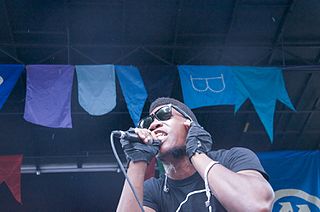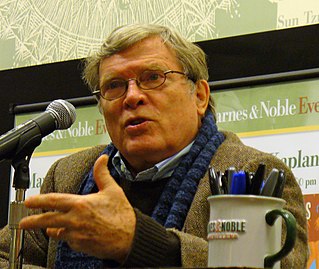Top 621 Dylan Quotes & Sayings - Page 9
Explore popular Dylan quotes.
Last updated on November 18, 2024.
Popular music had never had lyrical sophistication of this type [like Bob Dylan]; wit, to be sure, but "Darkness at the break of noon/Shadows even the silver spoon/The handmade blade, the child's balloon/Eclipses both the sun and moon/To understand you know too soon/ There is no sense in trying"? No.
Listen, the story of the United States is this: One kid, without anything, walks out of his house, down the road, with nothing but a guitar and conquers the world. And we've done that again, and again, and again – Johnny Cash, Hank Williams, Bob Dylan, Bruce Springsteen, Jimmy Rogers, Howlin' Wolf, Muddy Waters.
Being shortlisted for the Swansea University International Dylan Thomas Prize is, of course, a real honour for me and my work. When I wrote 'Conversations with Friends,' it was hard for me to imagine the book even finding readers - so it's a huge privilege to find it judged alongside such exciting and innovative new writing. I'm very grateful.
I don't care if it's a Cole Porter song, or George Gershwin, or Lennon/McCartney, or Elton John, or you know, whoever, Bob Dylan. Great songs are great songs, and they stand the test of time, and they can be interpreted and recorded with many points of view, but yet still retain the essence of what makes them good songs.
I think, especially among the New York intelligentsia at that time, that there was a reason Bob Dylan went to New York to happen, because there was a culture developed there around the ideas of civil rights, around the idea of democracy growing out of Emerson and Thoreau, these ideas of the fanfare for the common man.
After people like Lennon and Dylan, I think David Bowie brought a very modernistic intelligence and the necessity for change. I think he was completely positive, certainly through one and a half decades of completely overriding influence, in the best of popular music, and I take my bloody hat off to him!
The most recent incarnation of [Bob] Dylan has been the traveling journeyman/ charlatan who sings roots music, snarls dark lyrics that make "All Along the Watchtower" sound like a Disney tune, hosts an old-school radio show, and turns up in some unusual places, like ads for Chrysler and Victoria's Secret.
Plenty more of the Nays sound perfectly sincere, though. They may genuinely dislike [Bob] Dylan; they may even enjoy or admire him, but just don't think he's all that. Fair enough. The reaction of such folk seems to be chiefly amazement tinged with befuddlement: they've given him what? You're kidding me.
Produce your own dream. If you want to save Peru, go save Peru. It’s quite possible to do anything, but not if you put it on the leaders and the parking meters. Don’t expect Carter or Reagan or John Lennon or Yoko Ono or Bob Dylan or Jesus Christ to come and do it for you. You have to do it yourself.
I think Bob [Dylan] told me that he turned down twenty interviews that year, and I was the only one that he sat down and did an interview with. And, he said that it was one of his highlights, and it was one of my highlights. And, I was very glad to talk with Bob. I found out that he was a good fan of mine, and that tickled me.
The thing about a music career is that it ain't over until the fat lady sings. Look at all the times people threw in the towel on Dylan - or Neil Young. Remember when Young was doing things in the '80s like 'Trans' and the rockabilly album and being completely lambasted by critics who now think he is wonderful again?
The [Nobel] award [of Bob Dylan] is no affront to literature; it is an insult to pop music. It is a condescending ruffle of pop's hair while handing it a lollipop. An act of beaming condescension whose transparent message is: "This one guy, and just this one guy, he's so good, he transcends his trivial idiom and elevates himself into our significant one."
I was like, "Who the hell is Bob Dylan?" I was going to learn one song to appease my mom and alphabetically the first song in the book was "Absolutely Sweet Marie." When I heard it, it was like "Oh, there is something going on here. It's not like my parents' boring music that I don't care about. This is totally electrifying."
Just to put that in some context, 1954 was the same year that From Here to Eternity won an Oscar. Swanson's manufactured its first TV dinner. The Army-McCarthy hearings were televised. The term "under God" was inserted into the "Pledge of Allegiance." Steve Allen's Tonight Show premiered. Ernest Hemingway won the Nobel Prize for Literature. And Bob Dylan was bar mitzvahed.
I'm not someone who can sing anything... And my favorite singers aren't people whose voice you would say is amazing. I'm a big Bob Dylan fan, a huge David Bowie fan... none of those people have orthodox, cabaret voices. These are people where what they're singing about is just as important as how they're singing it.
Bob Dylan's 'Blowin' In the Wind' was written into the script of 'Article 15.' It was the only song I wanted in my film. It encapsulates the spirit of exploration and salvation that my hero Ayushmann Khurrana goes through. I love the song's lyrics, especially 'How many roads must a man walk down before you call him a man? '
I think Alison Krauss is one of the most amazing singers ever. As a songwriter - this is gonna sound cheesy - I love Randy Newman. And my mom passed on a love of Bob Dylan and Joni Mitchell. At one point I was so into the Indigo Girls, just like I was so into the Dixie Chicks, those female harmonies.
Growing up, I was a little hippie kid. I went to some good concerts... Amnesty International with Bob Dylan and Tracy Chapman... The best concert I ever went to was this one at the Cow Palace my freshman year in college on New Year's Eve. It was Pearl Jam opening for Nirvana opening for Red Hot Chili Peppers.
You see Michelangelo and Picasso and you read literature. I had some innate inchoate yearning for that, but I never really saw where I would fit in. That's called art. And then something happened to pop music, which is that it became art under the hand of the Beatles, the Stones, and Bob Dylan and some other people.
When I hear my favorite songwriters write about things they clearly have not experienced, like "Isis" by Bob Dylan or a lot of Bruce Springsteen songs or something like that, I'm always like, "Man, how do I tap into that?" Every time I tried to do something that wasn't autobiographical I felt pretty phony.
We're often afraid to do anything unless we know we can do it extremely well. But we get to Carnegie Hall by practicing. I remember how freeing it was several years ago to read in an interview with Joan Baez that some of Bob Dylan's early songs weren't so wonderful. We have this image of genius springing fully grown out of Zeus' forehead.
The beautiful despair is never fruitless. It keeps you going. Like when I first heard Bob Dylan do 'Things Have Changed,' or any time I see any work of art really beautifully done, like Michelangelo's 'The David' or that movie 'Lost in Translation' - it inspires me to try and find my own version of that.


